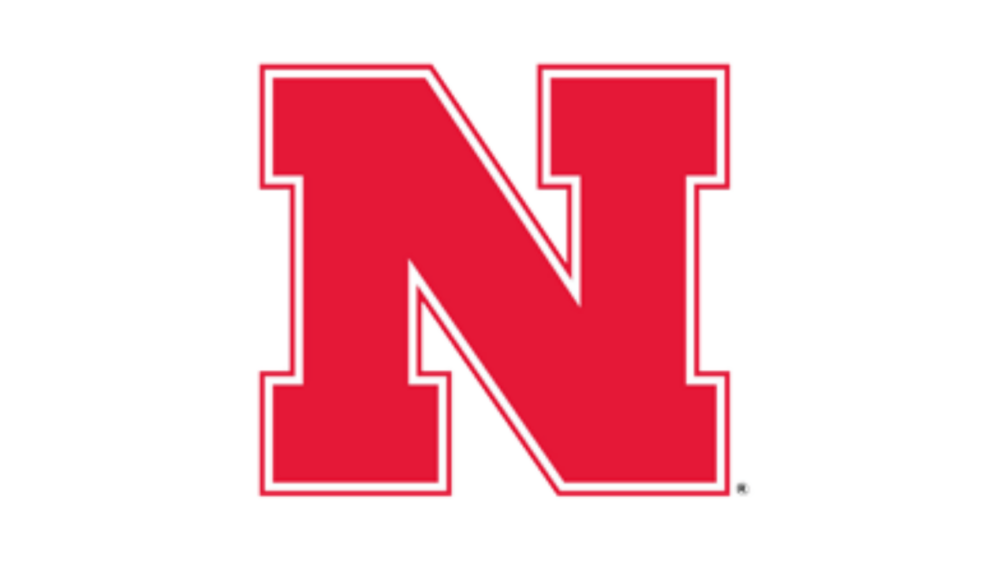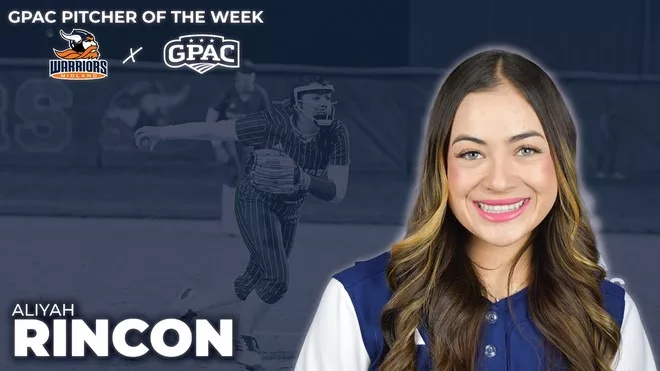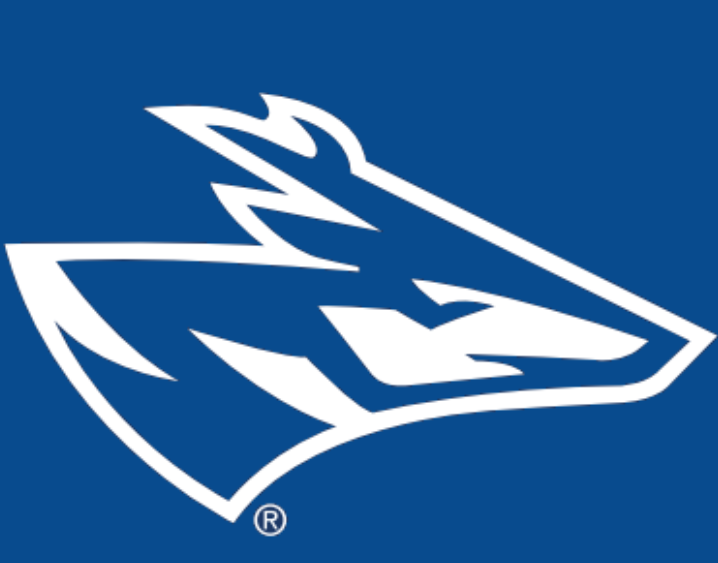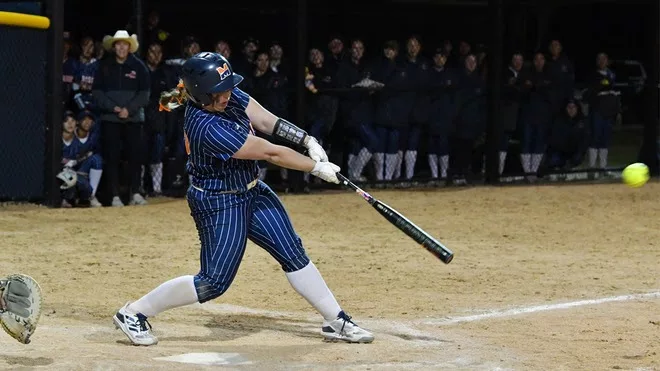LINCOLN – The NCAA released a wide-ranging set of guidelines Thursday for schools navigating a return to play, including testing procedures and quarantine protocols, amid the COVID-19 pandemic.
The document details standards for athletic programs to follow as the preseason for football — the major revenue generator in college sports — continues to ramp up ahead of the September 5th season openers. Among the key points in the release:
- Any student-athlete who tests positive for the coronavirus but is asymptomatic must isolate for at least 10 days after the test result. If that individual has symptoms, he or she should remain isolated until at least 72 hours after passing recovery in addition to the 10 days.
- Individuals with high-risk exposure to someone who tests positive must be quarantined for 14 days. This would include members of opposing teams after competition.
- Weekly in-season testing should occur for all student-athletes, plus “inner bubble” personnel including coaches, medical staff, game officials and other essential workers.
- Testing and the receipt of test results should occur 72 hours before competition in high-contact-risk sports (including football, basketball, wrestling, soccer and volleyball). If PCR (polymerase chain reaction) testing can’t be performed in that window, the event should be postponed or canceled unless an alternative plan is agreed upon in coordination with conference and local health officials.
“Any recommendation on a pathway toward a safe return to sport will depend on the national trajectory of COVID-19 spread,” said Brian Hainline, NCAA chief medical officer, in the release. “The idea of sport resocialization is predicated on a scenario of reduced or flattened infection rates.”
Athletic department administrators have repeated for weeks that their main concern is overwhelmed public health departments as opposed to death rate or illness impact on young people.
The NCAA posits that schools could consider suspending or canceling sport seasons if the following conditions exist for a specific school or community:
- Campus-wide or community positive test rates are considered unsafe by local public health officials
- Local public health officials deem hospital infrastructures unable to accommodate a surge in COVID-related hospitalizations
- The school demonstrates a lack of ability to isolate new positive cases amongst student athletes, or quarantine high-contact-risk cases on campus
- The school demonstrates an inability to perform weekly testing
- The school, or local public health authority partner, demonstrates an inability to perform adequate contact tracing.
Specifics regarding testing protocol were also given. These protocols include:
- All student-athletes and inner bubble personnel should be tested as they arrive on campus.
- Summer activities, which teams are in now, should feature PCR testing of 25% to 50% of players/personnel every two weeks.
- In-season weekly testing should happen for all players and personnel.
The protocols likely mean teams will test players weekly on Wednesdays in preparation for Saturday’s football games during the regular season.






